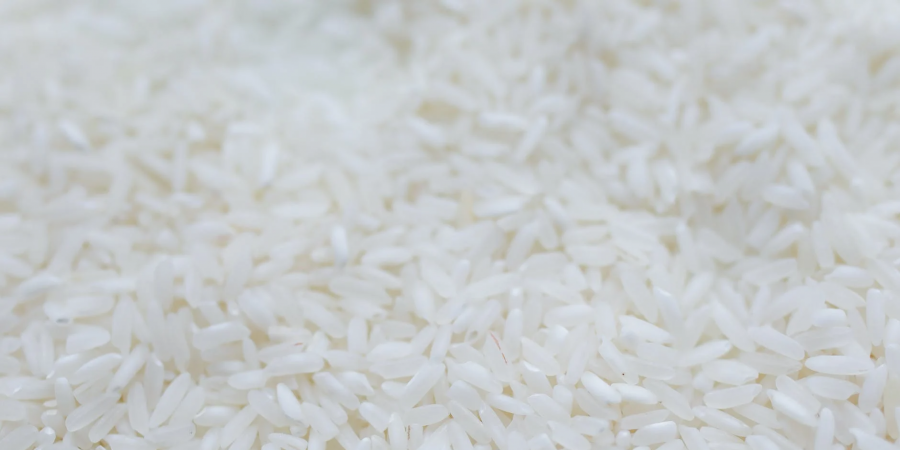

Rice, one of the world's most important staple crops, thrives in specific soil conditions that support its growth and development. The most suitable soil for rice cultivation is known as paddy soil or rice soil. Paddy soil characteristics are well-suited to the unique requirements of rice plants, and they play a crucial role in determining the success of rice farming. Here are the key features of the most suitable soil for rice cultivation:
1. Alluvial Soil: Alluvial soil is considered the most suitable for rice cultivation. It is formed by the deposition of silt, clay, and sand carried by rivers and streams. Alluvial soil is generally fertile, well-drained, and has good water-holding capacity. These characteristics make it ideal for rice cultivation, providing a stable foundation for the establishment and growth of rice plants.
2. Clayey Soil: Clayey soil is another type of soil that is favorable for rice cultivation. Rice plants benefit from the water-retaining capacity of clay, ensuring a consistent water supply during different growth stages. The fine particles in clayey soil also contribute to good nutrient retention, supporting the nutritional needs of rice plants throughout the cultivation cycle.
3. Loamy Soil: Loamy soil, a balanced mixture of sand, silt, and clay, is suitable for rice cultivation. It offers good drainage, aeration, and nutrient retention, providing an optimal environment for the development of healthy rice plants. Loamy soil is often preferred for its versatility, supporting rice growth while minimizing the risk of waterlogging or nutrient deficiencies.
4. Muck Soil: Muck soil, characterized by organic matter accumulation in waterlogged conditions, can also be suitable for rice cultivation. It is essential to have proper water management practices in muck soils to avoid excessive waterlogging, which can negatively impact root health and overall plant development. Adequate drainage systems are often implemented to regulate water levels in muck soil.
5. Acidic Soil: Rice plants can tolerate a wide range of soil pH levels, but slightly acidic to neutral soils (pH 5.0 to 7.0) are generally considered most suitable for optimal growth. While rice plants can adapt to slightly alkaline soils, they may exhibit nutrient deficiencies in highly acidic conditions. Soil pH influences nutrient availability, and maintaining the right pH range is crucial for ensuring adequate nutrient uptake by the rice plants.
6. Waterlogged Conditions: Rice is unique among major crops in its ability to thrive in waterlogged conditions. Paddy fields are often flooded during certain stages of rice cultivation, providing the necessary water environment for the plants. The flooded conditions suppress weed growth and create an anaerobic environment that favors rice over competing plant species.
7. Organic Matter Content: Adequate organic matter content in the soil is beneficial for rice cultivation. Organic matter enhances soil structure, water retention, and nutrient availability. Well-decomposed organic matter, such as compost or organic residues, can be incorporated into the soil to improve its fertility and structure.
8. Proper Drainage: While waterlogged conditions are necessary during certain growth stages, proper drainage is essential to prevent excessive water stagnation that could lead to root diseases and reduced oxygen availability for the plants. Well-designed drainage systems help maintain the right balance between flooded and drained conditions in paddy fields.
